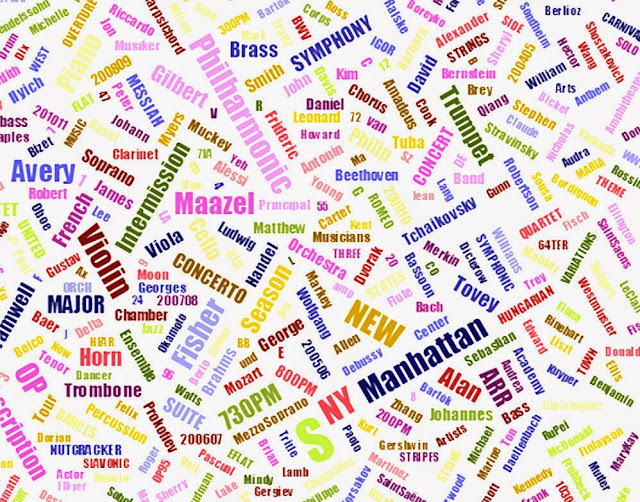If there is a paradise, it is here, it is here

The area of experience that 'mystical' and 'spiritual' refer to is often not empirically verifiable, that is, a camera can't photograph it, a scale can't weigh it, nor can words do much to describe it. It is not physical, emotional or mental, though it may partake of those three areas. Like the depths of our loving, mystical experience can be neither proven, nor denied That quote comes from Coleman Barks ' introduction to his book The Soul of Rumi . I bought my copy last year in the estimable Full Circle Bookstore that is part of Café Turtle in Nizamuddin East Market near the shrine of the Sufi saint Nizamuddin Auliya in New Delhi. But that header photo was not taken in New Delhi; it was taken in Clare Hall , Cambridge last Saturday during an evening of ragas played by the Cambridge Hindustani Trio . It is self-evident that the Hindustani music of Northern India, of which the mystical raga is the apogee, is rooted in Hinduism. But Hindustani music also c...















